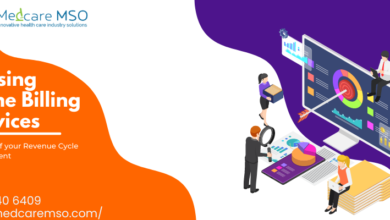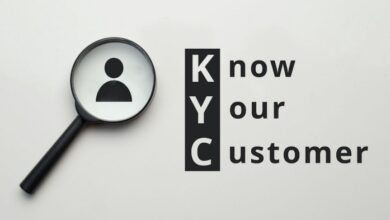
An unexpected expense can disrupt your financial balance, especially if you don’t have a regular income. Many of us lost our jobs during the pandemic because of the crisis, so we have learned that life can take unexpected turns.
If you are unemployed, you may not be able to get personal loans. This is where unemployed loans can help you. But what is the eligibility criteria for loans for unemployed people in the UK? Read on to learn more!
What are loans for unemployed?
Two of the many factors lenders consider are employment and a regular income stream. As a result, unemployed applicants might have limited options because some lenders may have minimum income requirements.
Nevertheless, many lenders offer loans to unemployed and benefit-claiming borrowers with low credit scores. Lenders may approve your loan provided you can assure them of your repayment capabilities throughout the term of the loan. A monthly benefit payment consists of this income for most benefits claimants. Throughout the term of the loan, you should ensure that you continue to receive these payments.
Unemployed loans are eligible for different conditions depending on the lender. To determine if you meet these criteria before applying, run a quick self-assessment. Here are the things lenders look for in your profile:
Age: To qualify for an unemployed loan, you must be 18 years or older.
Residential Status: You must live in the United Kingdom and have an account there.
Credit History: Your employment status might not matter to lenders if you have a strong credit history to back up your application. In order to secure a loan, you will need a good credit rating. The loan terms may not be favorable even if the lender approves your loan.
Income: Unemployment doesn’t prevent you from being able to afford a loan even when you’re unemployed. To pay back the loan, funds generated from investment earnings or benefits can be used. When applying for a loan, make sure you include that information.
Guarantor Requirements:
Getting a co-signer can increase your chances of getting a loan if you’re unemployed and receiving benefits. In addition to a good credit history, your guarantor also needs to be financially stable.
Loans for unemployed: What are my options?
Credit Unions: As a financial institution regulated by the FCA, a credit union lends money at low rates to its members. A Credit Union pooled its members’ savings to lend to members in need through a lending program. Credit union loans have interest rates as low as 3%, with no hidden fees. The credit union’s members must pool some savings together, though, before they can access money from that union.
Universal Credit: Those out of work or with low incomes can use universal credit to cover their living expenses. You will be eligible for universal credit if you earn enough per month. Any improvements in your financial situation will affect how much money you receive every month.
Secured Loans: Secured loans are forms of credit in which collateral is required as security. The lender may repossess and sell your asset if you fail to comply with the terms of the loan. The lower interest rates on secured loans are a result of their lower risk proposition for lenders. So, you may be eligible for this loan even if you don’t have a source of income if you have collateral (like a house). But you could lose your home if you do not repay your loans on time.
Where to find loans for unemployed people in the UK?
- Loans from banks and offline lenders
- Loans from online lenders
- Comparison platforms for loans like Loan Princess
- Credit unions
- Welfare programs in your area may help
- Taking advantage of a short-term job advance
- Social Fund interest-free budgeting loans
- Grants or schemes offered by the government
Tips for borrowing quick loans for unemployed people
Here are a few handy tips to help you apply for loans for unemployed people in the UK:
- Your benefit income should allow you to cover the amount you apply for.
- Paying your bills on time is one way to become more creditworthy and enjoy better rates.
- Keep the credit utilization rate low.
- You may have to pay more interest when you borrow over long-term loans because the monthly payments are reduced.
- It is a good idea to space out loan applications. Multiple credit checks in a short time span can damage your credit score.
- Keeping your credit score updated may help boost your credit score. Check for discrepancies (false records or unidentified credit inquiries) to ensure your credit score is accurate.
- You should only deal with FCA-approved lenders. If you want to make sure your lender is legit, you can check the FCA’s Financial Services Register.
- Prior to signing the contract, make certain there are no hidden fees or charges (early repayment fee, missed payment charge).
Conclusion
It’s important for you to realize that you’ll only be able to access a fixed amount of money each month. Consider whether you can juggle your basic expenses with the loan’s repayment.
Borrowers with a low credit score may think that a no-guarantor loan is an attractive option, but lenders set high interest rates for borrowers with low credit scores. For better loan terms and interest rates, you’ll need to raise your credit score. Take the time to compare interest rates as well as APRs before making your decision.




